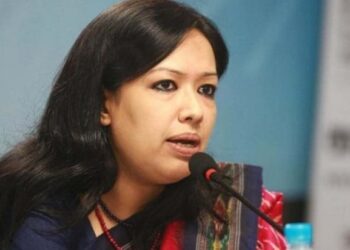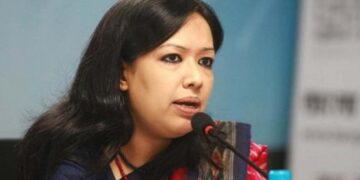Two teenage entrepreneurs from Bangladesh, Tamzid Rahman and Rafid Ahmed, have won $55,000 in grant funding for their education technology startup called Borno AI. This startup is designed to help students in Bangladesh by giving them access to an AI-powered tutor that works in both Bengali and English.
Focused on the curriculum of Bangladesh
Borno AI was created specifically to be used with the National Curriculum and Textbook Board (NCTB) curriculum in Bangladeshi schools. Borno AI’s goal is to support over 40 million K–12 students across the country. The AI tutor helps students understand their lessons better, practice questions, and get answers quickly, just like a human teacher.
How the Grant Will Help
There will be three instalments (or tranches) of the $55,000 grant. With the funding, the Borno AI team will be able to reach more students nationwide and broaden their service. Additionally, it will be utilised to develop new features like:
- Voice input, so students can talk to the AI instead of typing,
- Dialect recognition, so the system can understand different ways Bengali is spoken in various regions.
Read More: Eid-Ul-Adha: A Holy Tradition and Its Socioeconomic Dimensions
Borno AI’s Journey So Far
Borno AI was launched in April and recently finished a closed pilot program with 200 high school students. This was a trial version to fin
The business hopes to raise more funds through a pre-seed investment round in addition to the award. This suggests that they are requesting financial contributions from investors in exchange for a very small interest in the company. The amount of money raised will depend on the company’s initial revenue. This demonstrates the team’s desire to create a local, long-lasting solution to Bangladesh’s educational problems.
A DIY Solution for a Serious Problem
Borno AI is more than just another software; it is a solution created in Bangladesh to improve education for millions of children. According to the founders, AI can help close the learning gap, especially for students who don’t get enough support at home or in school.
Together with this new investment and their constant drive, Tamzid and Rafid are proving that even young people can lead important technical improvements in education.
Source: The Front Page


















